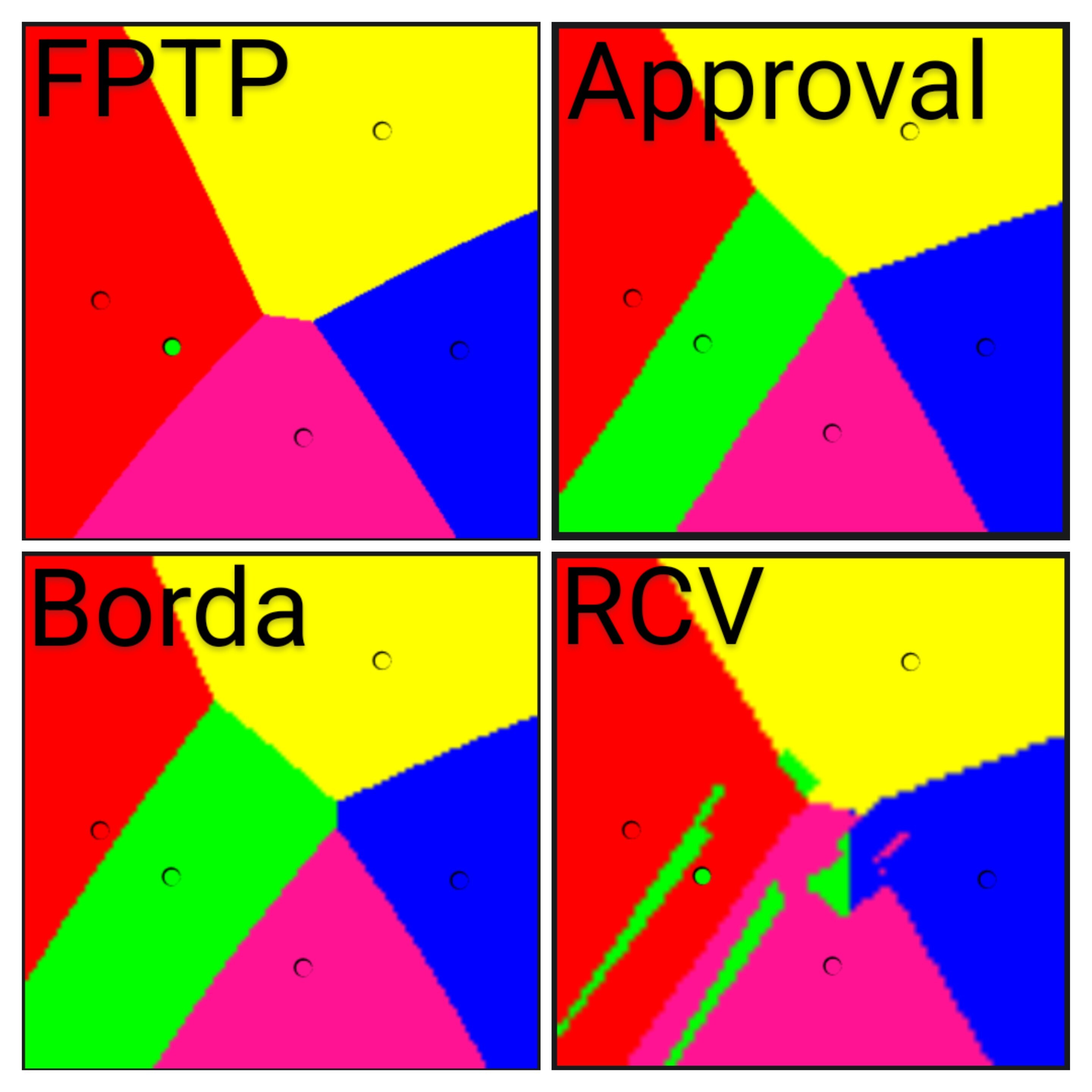This is not a good choice. It's not like we haven't known about approval voting. (Vote for as many candidates as you want, largest number wins.) It's that it's just our current system with extra steps for the same outcome. Ranked Choice Voting solves the psychological dilemma of making sure the bad guy doesn't get elected while actually holding the reserve choice in reserve.
I also find the assertion that RCV is difficult to understand a bit condescending. You get X number of choices, (we'll say 3) and your number 1 stays in until they're knocked out by having the least number of votes. Then your ballot switches to your number 2 and so on. So you could safely vote Bernie and Biden knowing Biden can't just win by being the safety candidate anymore.
What the nice looking page doesn't tell you is that in approval voting that's been done in the US voters largely still voted for a single candidate. And RCV is well understood and liked in the jurisdictions that already use it. Over all approval voting favors the current major parties and RCV does not.
Edit - just adding to this to say that the site linked, the center for election science is riddled with GOP propaganda once you get far enough down the rabbit hole. Please don't let them sucker you.
